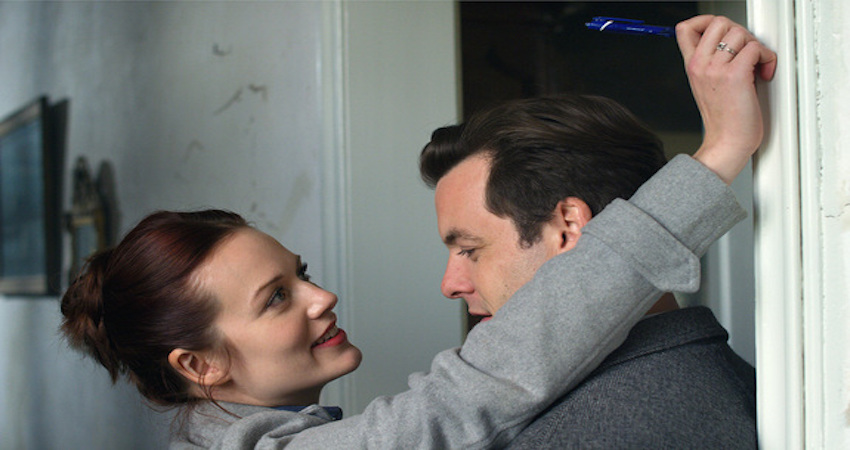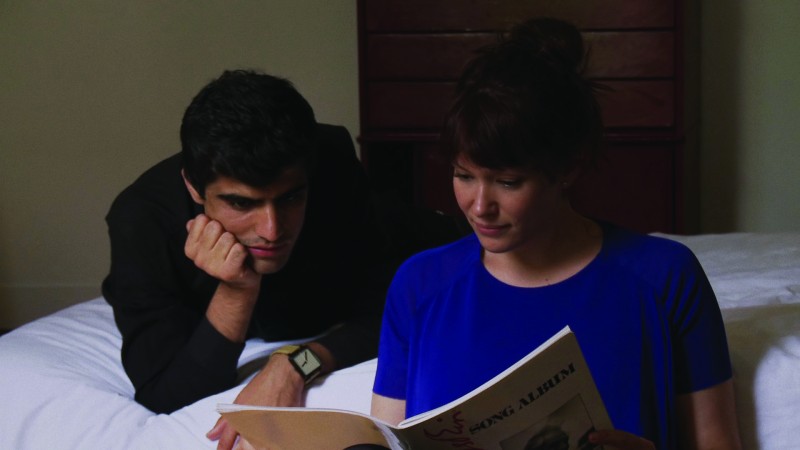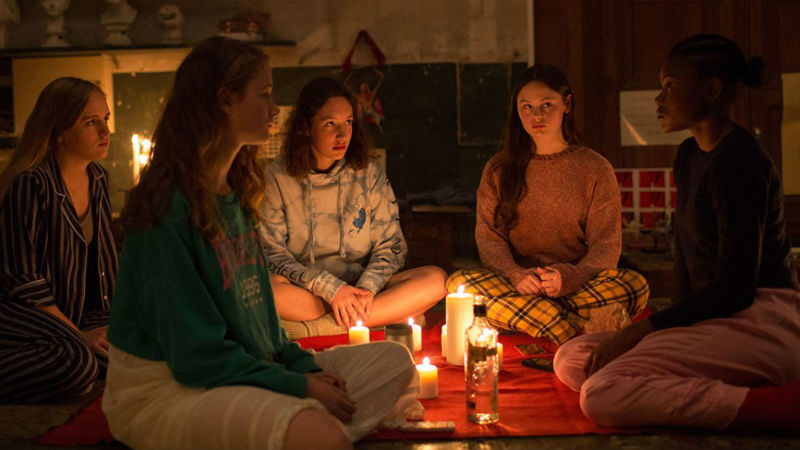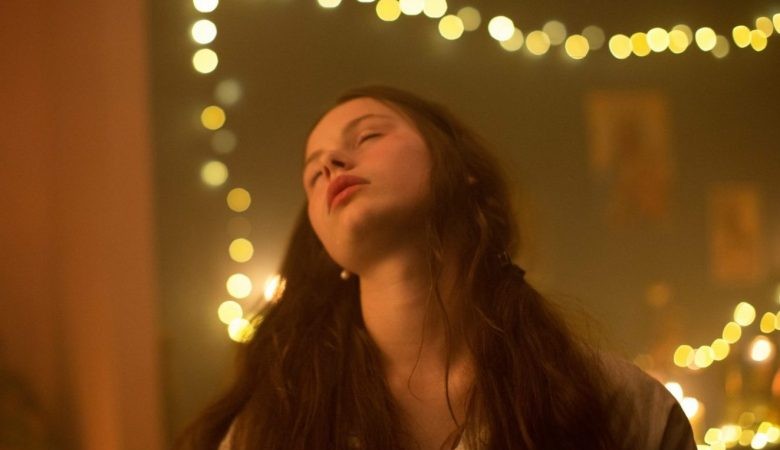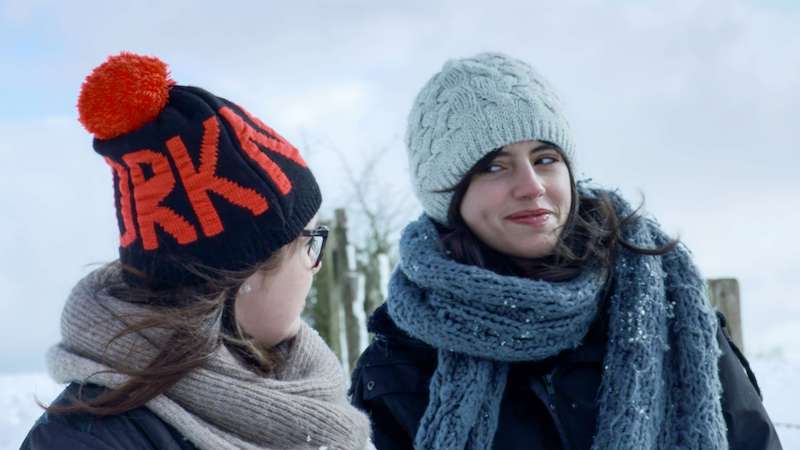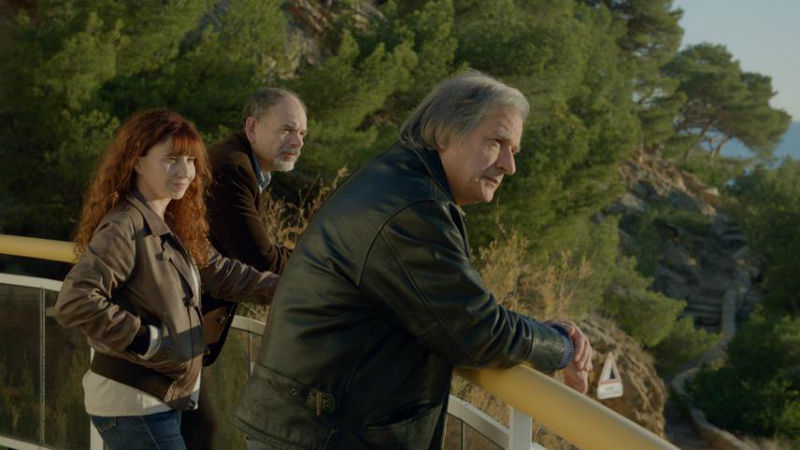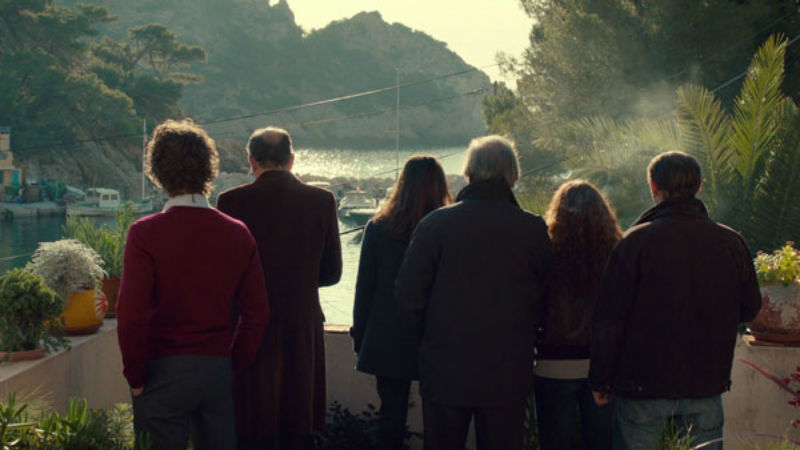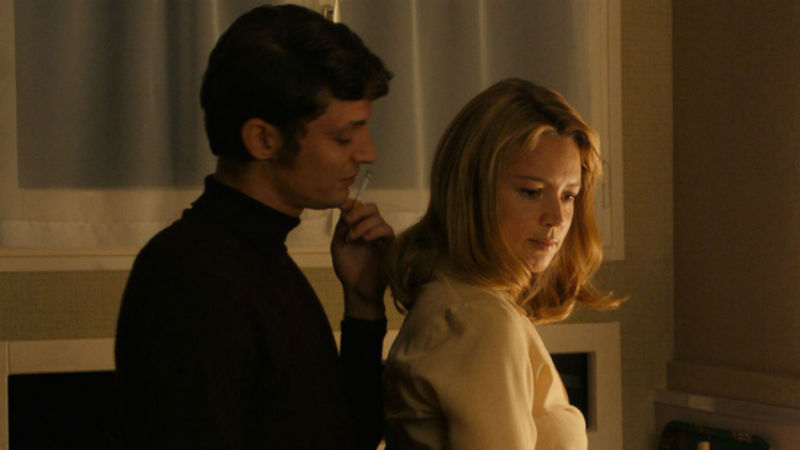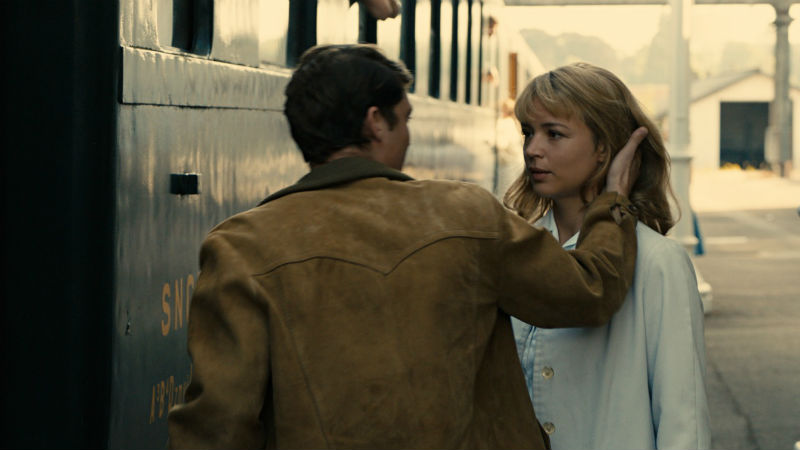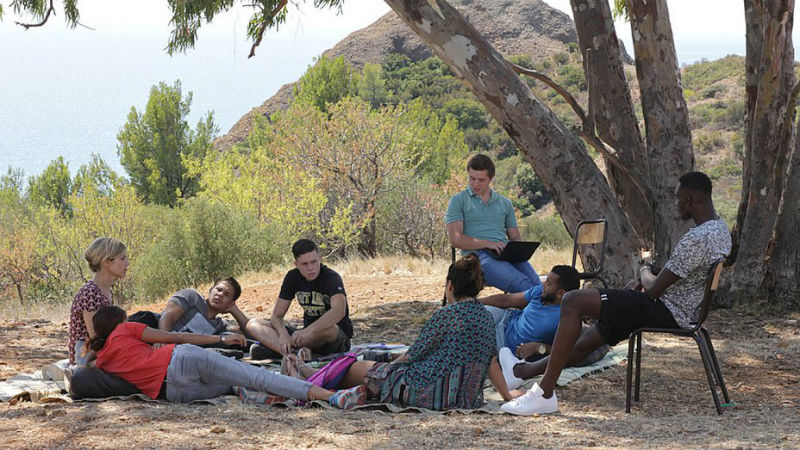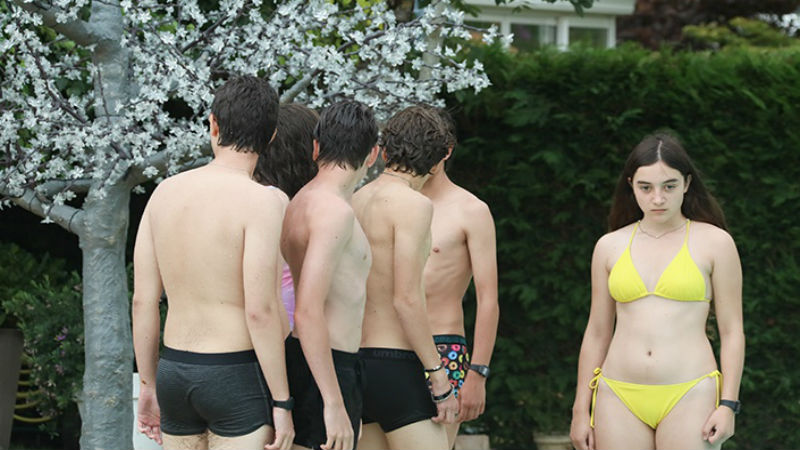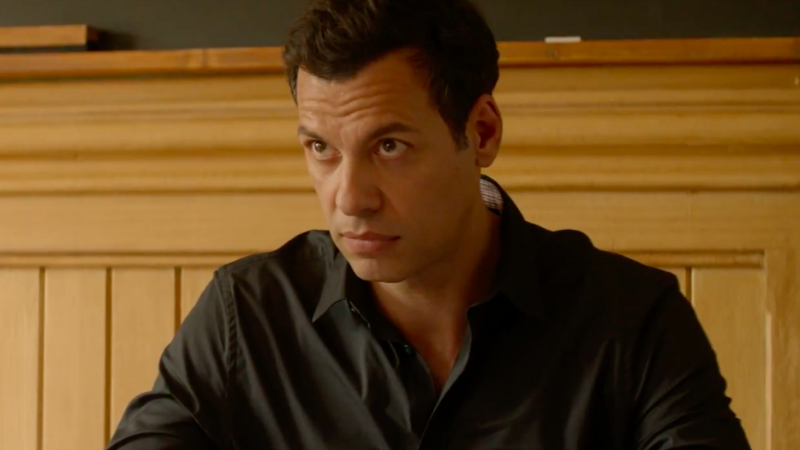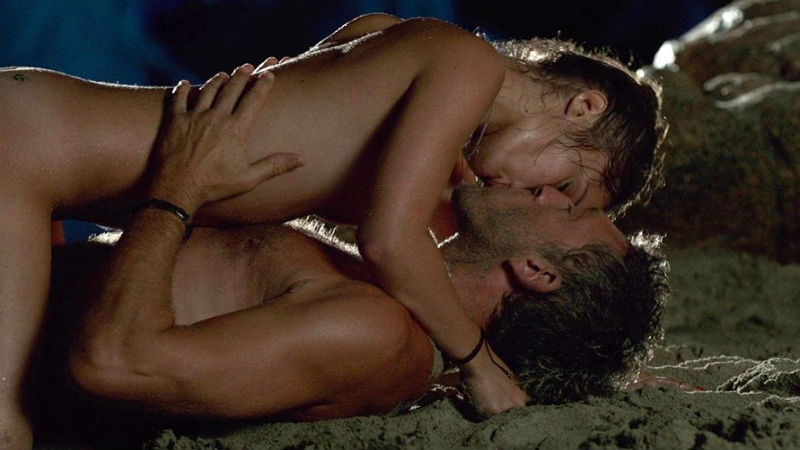QUICK SNAP: LIVE FROM LOCARNO
Astrakan — or, as I would call it, The 400 Woes — had me asking lots of interesting questions: where does the line between a chronicle end and a narrative start; how do diverse individual scenes actually accumulate into a final picture; and what is the line between representing something awful and genuinely exploiting the people in the story? Simply put, it had me asking lots of questions as I was never invested in the story, which ranges from slow to frustrating to ultimately sickening. There’s a lot of craft there, but the final result is really all over the place.
A thoroughly depressing picture that eschews genuine sensitivity in favour of a series of seriously unfortunate events, Astrakan is the kind of coming-of-age story that strains painfully for profundity but has such an over-abundance of ideas, images and things it wants to say, its forced pathos left me both bemused and repulsed.
It concerns a young boy named Samuel (Mirko Giannini), a foster child living with his adopted family in rural France. Ostensibly seen as a problem child, he is berated for his silly games and the fact he cannot seem to defecate naturally, often soiling his pants. That’s the first of many uncomfortable details that Astrakan — seemingly named after a type of lamb wool as opposed to the Southern region of Russia — revels in, subjecting Samuel to more pain and torture than any French person since Joan of Arc.
He meets a girl. She shows him porn. He goes to the cinema. He gets beaten up by guys we have never seen before. He goes skiing. He watches his teacher have sex with an Olympic skier. He throws up. He has more issues with going to the toilet. He is misunderstood and beaten with a belt while thrown between families and people he really shouldn’t be trusted with. The scenes are often randomly strung together, revealing little narrative cohesion while episodically stale and un-compelling.
He’s both your average 12-year-old and an enigma, revealing nothing, a poor wretch that we watch try and find something to enjoy in his poor life. A real child actor has been put in this position to depict these actions. It made me wonder whether putting a child in such scenes — however sensitively they might’ve been handled — is ever worth it. Certainly not when the finished product feels so irredeemable.
David Depesseville, working with cinematographer Simon Beaufils, is a fine image-maker; shooting on film, his depiction of rustic, untamed France brings to mind Maurice Pialat, often contrasting Samuel against an epic landscape with little hint of regular civilisation. We get the sense this is a land with its own rules, filled with hard people, living difficult lives. And his sense of observation is both keen — from a note being passed from child to child from a birds-eye-view to close-ups of bread being cut to small items being smartly hidden — and over-laboured, spinning into the surreal through unwittingly absurd cutting.
Things then really spin into left-field with the final reveal, a fantasia shot to the sounds of Bach’s St Mathews Passion, calling to mind everything from the mass murders of The Godfather (Francis Ford Coppola, 1972) to Andrei Tarkovsky’s poeticism to Terence Malick’s mysticism. It’s a neat calling card from the second-time director: a statement that he can also do this as opposed to merely layering on naturalist misery-porn. But once it reveals that this already sad story has an even deeper sadness behind it, like the whole thing is one sad onion with bottomlessly sad layers, this technical ability is ultimately wasted in the service of something absolutely no one needs to see. Miserable.
Astrakan has just premiered at the 75th Locarno Film Festival.









